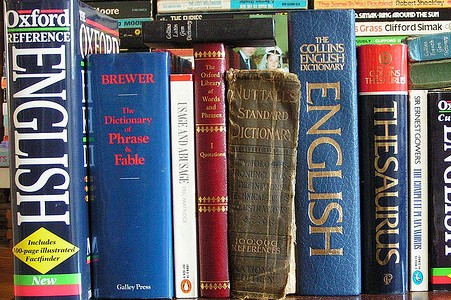The scars of apartheid between the white cultural groups in South Africa still exist. It might seem foolish that the white minority group have an intense dislike between the cultural crossing. Apartheid was abolished in 1994 after decades of white minority rule and having the black majority government rule over the white minority is a bitter pill to swallow for some white people. There are the Afrikaners who explicitly confirm a proud heritage and culture within the borders of South Africa. There is the Afrikaner, who remains adamant that English-speaking whites have no cultural history in South Africa.
Throughout history, there has been a difference of opinion and dislike of English-speaking whites. Although the Afrikaner was the first to arrive in South Africa, mainly from Germany and Holland. The claim of having a substantial profound historical claim within the country is correct. However, the English came in 1822 and gained control and proclaimed English as the language of government, churches and schools, and Afrikaners felt hostility because of the change. The rivalry between Afrikaans and English started right at the beginning of the white South African history and continued throughout the years.
The British rule in the Cape Colony in 1835, disgruntled the Afrikaners, who decided to leave and move into the interior of the country in search of independence. The Boers did well and soon set up the Orange Free State as a Republic. It was the Afrikaners who discovered diamonds in Kimberley. News of the great find spread throughout the land, and the British soon stepped in, with a stake by Cecil John Rhodes, a pioneer in the scramble for Africa. The diamond discovery soon impacted on the Boers, who felt abandoned. The poor farmers who had no part in the venture caused the Afrikaners to set up national organizations with Afrikaans as the symbol of unity.
The compromise of unity, an even balance between English and Afrikaners was what Britain hoped to achieve from the foundation of the Union in 1910. The conflict was no longer between the British and the Boers; it was between the white settlers within South Africa. Afrikaner nationalism is the product of British nineteenth-century colonization.
English today still retains the undeniable superiority in many fields, notably in business and education. It is true the English are conscious of the superiority and some still view Afrikaans as hardly worthy of being called a language. The Afrikaners had a difficult time cultivating the language into an expression that would compete with the English.
The English superiority remains a dominant force and class difference between the two white groups. Before South Africa became a republic, there was an estimate of 85 percent Afrikaans farmers and only 10 percent involved in engineering. However, a more recent estimate has put Afrikaners in the professional sphere at 30 percent. The class differences make for ill feelings, and there are English whites that look on the Afrikaners condescendingly as uneducated, homely, simple and hospitable country fold who speak a primate but colorful dialect. Equally there are Afrikaners who associate English with snobbery, distance and coldness.
The English language is considered a world language and with the abundance of literature has an enormous advantage over Afrikaans, a derivative of Dutch, spoken nowhere else but in South Africa. Afrikaners have a hesitant attitude toward the culture and resent the English attitude that causes suffering from a cultural inferiority complex.
Opinion by Laura Oneale
Published on the Guardian LV todayRead more at http://guardianlv.com/2015/05/south-africa-apartheid-between-white-cultural-groups/#QUorzla3kfLfJUOw.99

No comments:
Post a Comment